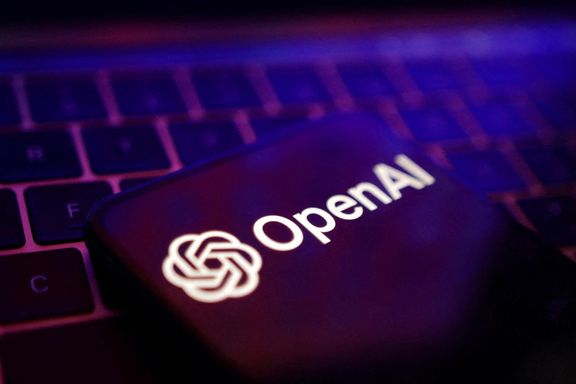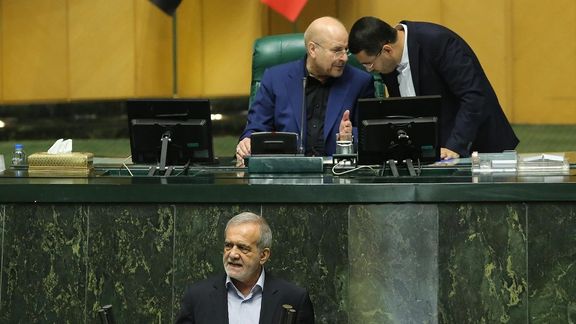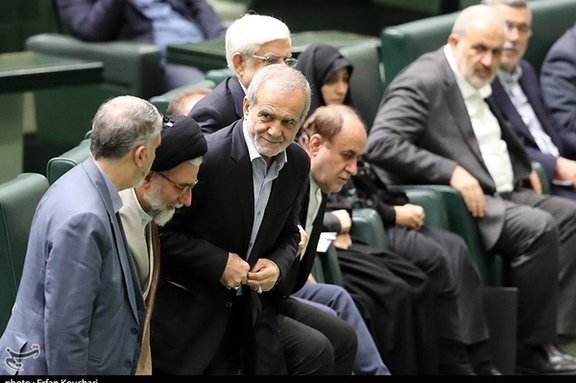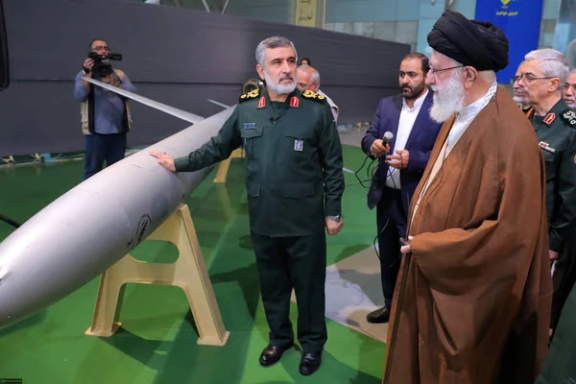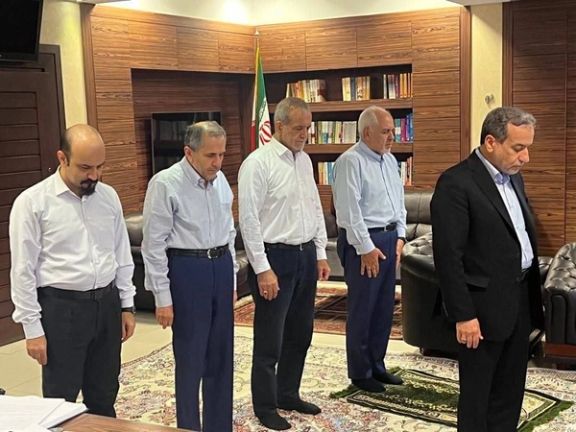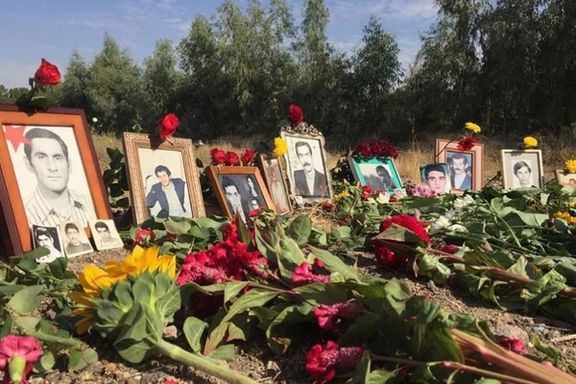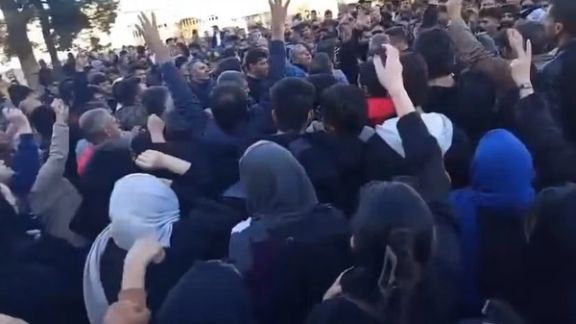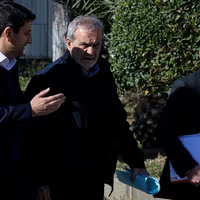The Biden administration has been pushing harder for de-escalation since 31 July, when Hamas leader Ismail Haniyeh was assassinated in Tehran. Iran has so far rejected all calls for restraint and vowed to launch a severe strike. But the growing chances of a ceasefire agreement seem to have persuaded Iranian leaders to wait a little longer.
"Iran is expected to delay its planned attack against Israel in retaliation for the assassination of Hamas leader in Tehran to allow mediators time to make a high-stakes push for a Gaza cease-fire," The New York Times reported Friday, citing US, Iranian and Israeli officials.
The report came shortly after Qatar’s prime minister Mohammad Abdulrahman Al Thani became the latest to call on Iran to hold off its retaliatory attack against Israel, according to a Washington Post report. In a phone call with the Iranian acting foreign minister, Ali Bagher Kani, he asked Tehran to consider the “grave consequences” of waging an assault at the very moment there are signs of diplomatic progress, the report said.
The message coming out of Tehran has been largely consistent: that the Haniyeh killing warrants a harsh response. There are more than a few signs, however, that the plan for retaliation may not be as clear and final as Iranian officials suggest.
On Wednesday, exactly two weeks after Haniyeh was killed in Tehran, Iran’s Supreme Leader Ali Khamenei rejected the diplomatic pressures as “psychological warfare”. But he also made a reference to the impermissibility of “non-tactical retreat”, which many observers read as an implicit approval of a tactical retreat.
“By Friday, Israeli intelligence had assessed that Hezbollah and Iran had lowered the level of alertness in their rocket and missile units,” the New York Times reported, citing Iranian, American and Israeli officials. The report came shortly after the Israeli Air Force released footage of its warplanes practicing aerial refueling, simulating long-range missions deep behind enemy lines.
Israeli officials have been as combative as their Iranian counterparts, often angering the Biden administration, which was blindsided by the assassination of Haniyeh and saw it as a disruptive action, as far as the ceasefire talks are concerned.
After two weeks of frenzied attempts to stop Iran’s retaliatory strike, the administration seems to be optimistic that Iran would wait to see what comes out of the cease-fire negotiations in Qatar. In a joint statement Friday, Qatar, Egypt and the US said the talks have been "serious and constructive," and that senior officials will try to conclude the deal in another round of talks in Cairo.
US Secretary of State Antony Blinken will also head to the Middle East on Saturday, to help get the agreement over the line, according to a State Department statement. “Secretary Blinken will underscore the critical need for all parties in the region to avoid escalation or any other actions that could undermine the ability to finalize an agreement,” the statement reads, seemingly addressing Iran and its allied armed groups in the region.
While calling on all sides to de-escalate, the Biden administration has saved its warnings for Iran and reassurances for Israel. “The US continues to monitor attack planning from Iran and its proxies and is well-postured across the region to defend Israel and protect US personnel & facilities,” the US defense secretary, Lloyd Austin, said Friday following a phone call with his Israeli counterpart, Yoav Gallant.
This is an eventuality the Biden administration seems determined to avoid, especially in the week of the Democratic National Convention. The heightened tensions in the Middle East –and the death toll in Gaza, in particular– have alienated sections of the core Democratic vote among Black and Muslim Americans. A ceasefire in Gaza would not only help mitigate the threat from Iran, but could prove crucial in regaining parts of the ‘progressive’ vote.
